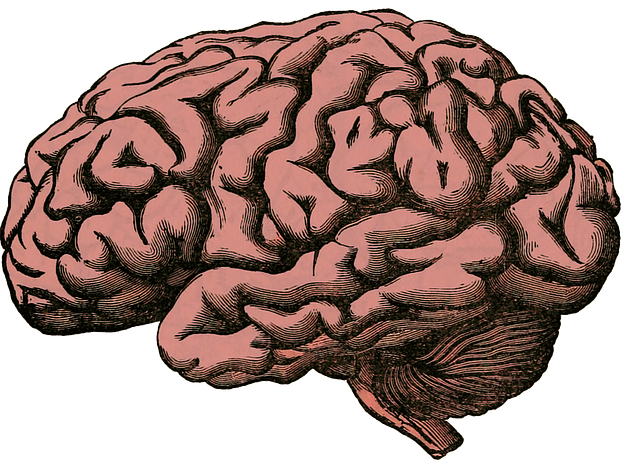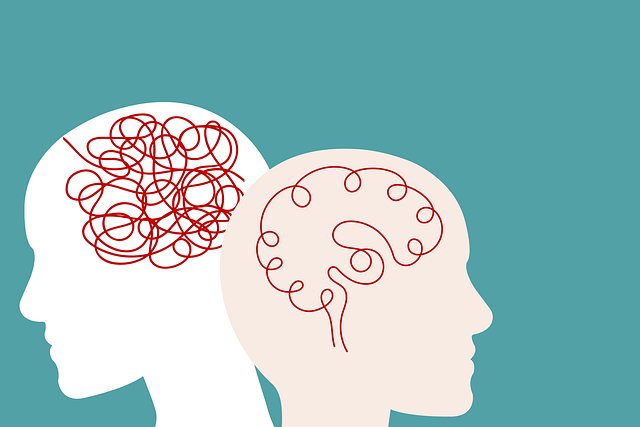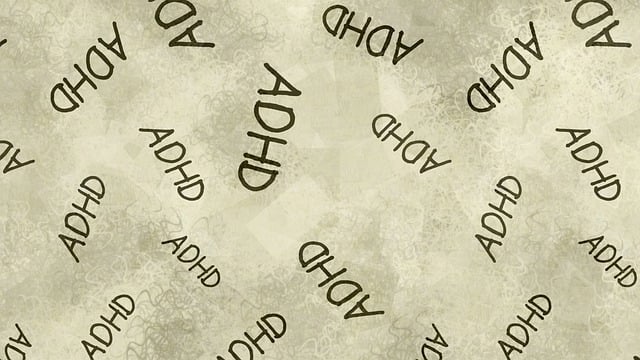Mental health advocacy groups like Greenwood Village Sexual Abuse Survivor Therapy (GVSAST) play a pivotal role in addressing sexual abuse and its long-term effects by providing specialized support, education, and resources. GVSAST offers comprehensive care through therapy, workshops, and community backing, empowering survivors to heal and rebuild their lives. Their holistic approach combines individual counseling, group sessions, stress management techniques, and expressive arts to foster resilience and break down societal barriers related to mental health discourse.
Mental health advocacy initiatives are crucial in addressing the growing need for support and awareness. This article explores the profound impact of such efforts, highlighting a compelling case study: Greenwood Village Sexual Abuse Survivor Therapy. We delve into successful strategies and emphasize the power of community collaboration. By understanding the significance of mental health advocacy, we can foster supportive environments that empower individuals, especially survivors of sexual abuse, to heal and thrive.
- Understanding the Impact: Unveiling the Significance of Mental Health Advocacy
- Greenwood Village Sexual Abuse Survivor Therapy: A Case Study in Empowering Survivors
- Strategies for Effective Mental Health Advocacy Initiatives
- Building a Supportive Community: Collaborating for Positive Change
Understanding the Impact: Unveiling the Significance of Mental Health Advocacy

In the realm of mental health advocacy, understanding the impact of hidden struggles is paramount. Mental health advocacy initiatives play a pivotal role in shedding light on issues that often remain in the shadows, such as sexual abuse and its lasting effects. Greenwood Village Sexual Abuse Survivor Therapy exemplifies this by providing specialized support for individuals who have experienced trauma, offering them the tools to navigate and overcome their challenges. By advocating for mental health awareness, we initiate conversations that break down societal barriers and stigmatization, fostering an environment where survivors feel empowered to seek help.
The significance of these initiatives cannot be overstated, especially when addressing complex topics like mood management. Mental Health Awareness campaigns act as a catalyst for educating communities about the interconnectedness of emotional well-being. This knowledge empowers people to recognize signs of distress in themselves and others, encouraging early intervention and prevention strategies. In light of this, Trauma Support Services become vital resources, offering not just immediate relief but also long-term solutions, ensuring survivors can rebuild their lives with resilience and dignity.
Greenwood Village Sexual Abuse Survivor Therapy: A Case Study in Empowering Survivors

Greenwood Village Sexual Abuse Survivor Therapy (GVSAST) is a remarkable initiative that has been making waves in the mental health advocacy space. This program focuses specifically on empowering survivors of sexual abuse, offering them a safe and supportive environment to heal. Through a combination of individual therapy sessions, group support meetings, and specialized workshops, GVSAST provides comprehensive care tailored to address the unique challenges faced by these individuals.
The organization’s approach includes evidence-based techniques such as cognitive-behavioral therapy, mindfulness exercises, and self-awareness activities. They also facilitate stress management workshops, mental wellness coaching programs, and development opportunities to help survivors regain a sense of control and build resilience. By combining professional treatment with community support, GVSAST is reshaping the landscape of sexual abuse recovery, offering a beacon of hope and healing for those who have endured such traumatic experiences.
Strategies for Effective Mental Health Advocacy Initiatives

Mental health advocacy initiatives require a multi-faceted approach to be truly effective. One key strategy is Greenwood Village Sexual Abuse Survivor Therapy, focusing on specialized support for survivors, which combines Communication Strategies and Coping Skills Development. This involves creating safe spaces where individuals can share their experiences without judgment, fostering an environment that encourages healing through expressive arts, group therapy, and individual counseling sessions.
Furthermore, these initiatives should prioritize Inner Strength Development by empowering individuals with tools to manage stress, regulate emotions, and build resilience. This could involve education on mental health resources, mindfulness practices, and promoting healthy coping mechanisms. By combining therapeutic support with the development of inner strength, advocacy initiatives can empower survivors to reclaim their lives and navigate their journeys towards recovery.
Building a Supportive Community: Collaborating for Positive Change

Building a supportive community is a cornerstone of mental health advocacy initiatives, especially for vulnerable populations like sexual abuse survivors. Greenwood Village Sexual Abuse Survivor Therapy has pioneered collaborative efforts to foster an environment where individuals can find solace and healing. By bringing together mental health professionals, community leaders, and peers who have faced similar challenges, these initiatives create a network of support that addresses the multifaceted needs of survivors.
Through public awareness campaigns and conflict resolution techniques, communities can break down stigma and barriers associated with seeking therapy. Self-esteem improvement programs play a pivotal role in this process, empowering survivors to reclaim their lives and find strength in shared experiences. Such collaborative endeavors not only enhance access to care but also promote holistic well-being, ensuring that individuals receive the comprehensive support they need to navigate their mental health journeys effectively.
Mental health advocacy initiatives, such as the Greenwood Village Sexual Abuse Survivor Therapy case study, demonstrate the power of community collaboration and support. By understanding the impact and implementing effective strategies, we can create a more inclusive and supportive environment for those facing mental health challenges. Building a tapestry of resources and empathy is crucial in empowering individuals to heal and thrive, ensuring that no one faces their struggles alone.












